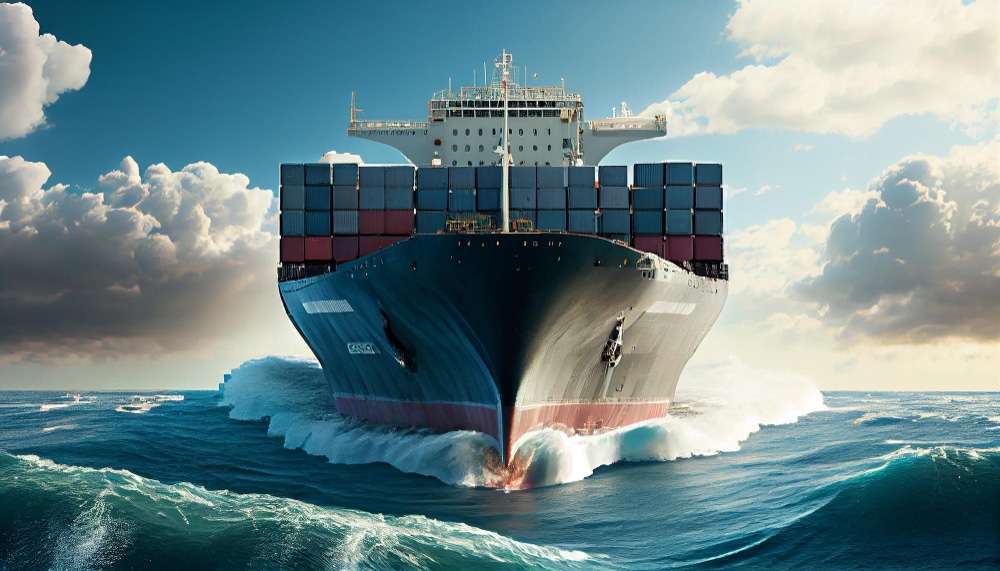Marine insurance plays a pivotal role in mitigating the risks associated with maritime commerce and protecting businesses and individuals involved in the transport of goods across oceans and seas. In the dynamic world of international trade, where vast quantities of goods are transported by sea, the importance of marine insurance cannot be overstated. This comprehensive risk management tool not only shields businesses from potential financial losses but also fosters the smooth functioning of global trade by instilling confidence among stakeholders. This article explores the fundamentals of marine insurance, its historical evolution, key components, and its indispensable role in the contemporary landscape of international commerce.
Historical Evolution:
The origins of marine insurance can be traced back to the ancient maritime civilizations, where merchants and shipowners sought ways to mitigate the risks associated with sea voyages. Early forms of marine insurance were informal agreements among traders who pooled resources to compensate for losses incurred during a voyage. Over time, this practice evolved into more structured arrangements, giving rise to the first formal marine insurance policies in the Mediterranean region during the 14th century.
As maritime trade expanded, particularly during the Age of Exploration, the need for a standardized system of marine insurance became evident. The emergence of Lloyd’s of London in the late 17th century marked a significant milestone in the development of marine insurance. Lloyd’s provided a central marketplace where shipowners, merchants, and underwriters could come together to negotiate and secure insurance coverage. This laid the foundation for the modern marine insurance industry.
Key Components of Marine Insurance:
Marine insurance is a complex system involving various stakeholders, policies, and coverages. Understanding its key components is crucial for international trade and shipping.
Hull Insurance:
Covers physical damage to the ship itself.
Protects against perils such as collisions, sinking, and other maritime accidents.
This can include coverage for machinery, equipment, and the ship’s hull.
Cargo Insurance:
Focuses on the goods being transported
Guards your valuables from harm, robbery, or misplacement while on the move. Essential for both importers and exporters to safeguard their financial interests.
Freight Insurance:
Covers the loss of freight revenue in the event of damage to the cargo.
Provides protection to carriers against financial losses resulting from cargo damage.
Liability Insurance:
Protects ship-owners against legal liabilities arising from third-party claims.
Covers injuries to passengers, damage to other vessels, or environmental pollution caused by the insured ship.
War Risk Insurance:
Addresses risks associated with war and acts of terrorism.
It becomes relevant in regions where geopolitical tensions pose threats to maritime activities.
Contemporary Significance:
In the 21st century, marine insurance remains a linchpin of global trade, ensuring the smooth flow of goods across international waters. SA number of elements play a role in maintaining its ongoing importance.
Globalization and Interconnected Economies:
As the world becomes more interconnected, the volume of goods transported by sea continues to rise.
Marine insurance provides a safety net for businesses engaged in cross-border trade, allowing them to navigate the complexities of global supply chains with confidence.
Technological Advances:
The maritime industry has witnessed significant technological advancements, including the use of larger vessels and sophisticated navigation systems.
Marine insurers continually adapt to these changes, incorporating technology-driven risk assessments to stay ahead of emerging challenges.
Environmental Concerns:
The heightened awareness of environmental risks has led to the development of insurance products addressing pollution and environmental damage caused by maritime activities.
Marine insurers play a crucial role in promoting sustainable practices within the industry.
Legal and Regulatory Compliance:
The complex nature of international maritime law necessitates compliance with various regulations.
Marine insurance policies are designed to align with legal requirements, providing a framework for adherence to international standards and conventions.
Conclusion:
In conclusion, marine insurance is an indispensable component of the global trade ecosystem, serving as a bulwark against the uncertainties inherent in maritime activities. Its historical evolution reflects the enduring need for risk mitigation in the ever-expanding world of international commerce. As the maritime industry continues to evolve, marine insurers must adapt to new challenges, embracing innovation and sustainability to ensure the resilience of this critical sector. In essence, marine insurance is not merely a financial instrument but a cornerstone of stability, enabling the world to sail confidently through the high seas of international trade.
